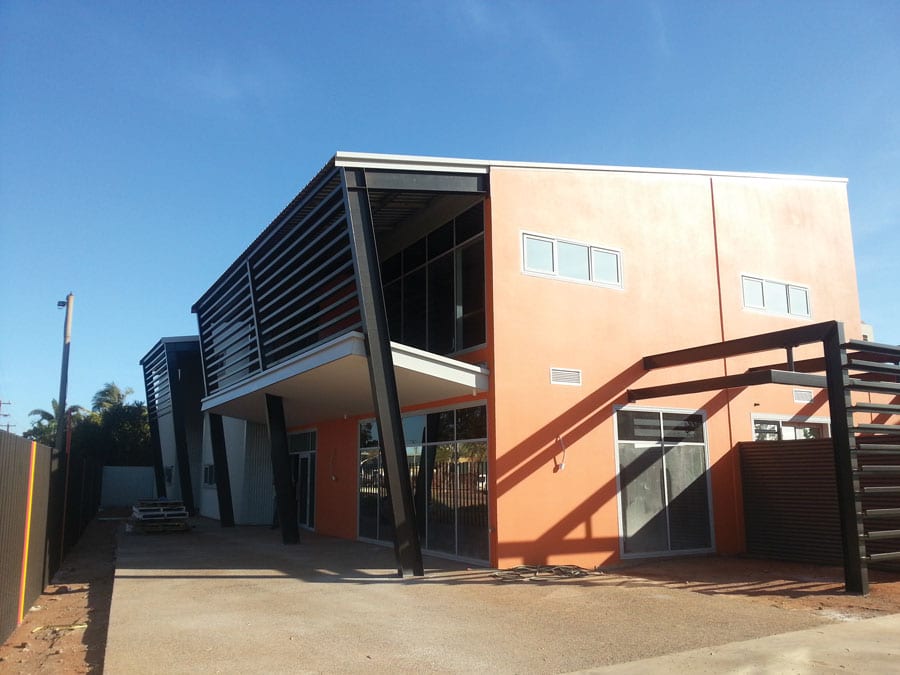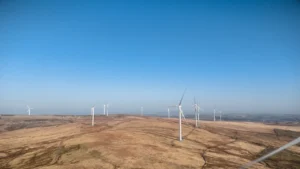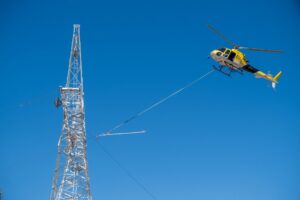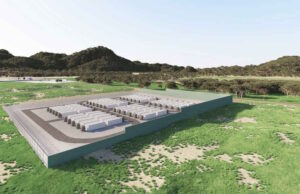In the same week that the WA government called on state-owned utility Horizon Power to investigate renewables based micro-grids as a means of providing cheaper and more reliable power to regional areas, a West Australian indigenous corporation that provides essential services to remote Aboriginal communities in the Pilbara has revealed it is going off-grid, turning instead to solar and storage to supply its electricity needs.
The Pilbara Meta Maya Regional Aboriginal Corporation (PMMRAC) announced on Monday it had engaged EMC Solar Construction to design and build an independent solar power station at its new home base in Wedgefield, Port Hedland.

The system will consist of 100kW of solar PV, 76kWh (64) lithium-ion batteries and a 40kW diesel generator, which will generate and store 100 per cent of the power needs of PMMRAC’s offices, workshop and depot for a lower cost than would be provided by Horizon.
According to PMMRAC general manager Luke van Zeller, EMC was originally engaged to install a smaller (30kW) grid-connected solar PV system at the Corporation’s Port Hedland base.
But due to Horizon Power’s requirement that a PV system of that size includes the installation of a “solar smoother”, EMC instead pitched to the client to go off-grid, which, alongside the grid connected tariff, was a fairly compelling argument.
“EMC were able to engineer and demonstrate that we would be better off installing a larger solar array connected to a large battery that would produce and store all of the energy we would need, and at a lower cost than our current Horizon tariff,“ said van Zeller.
The migration off-grid would also be instructive for PMMRAC, which is keen to build up renewables expertise so it can service Aboriginal settlements with renewable energy systems.
On completion of the project – installation is expected to begin in February next year – PMMRAC and EMC plan to work together to develop sustainable energy solutions for business, mining companies, pastoral leases and Aboriginal communities across the Pilbara, Gascoyne and Murchison regions.
“We are seeing an increase in the number of energy consumers who are willing to take courageous efforts to side-step the constraints that are being imposed on them by the electricity suppliers,” said John Davidson, managing director of EMC.
“Meta Maya is one of those companies that has a vested interest in finding better ways to provide power and water services to the remote communities of Western Australia. We… are gearing up to meet the very strong market demand that we are seeing for both off-grid and on-grid applications for solar energy storage.”
It is this growing demand for renewable energy back-up – or perhaps just reliable power supply – that WA energy minister Mike Nahan was referring to when he told state parliament this week that he had asked Horizon to look at regional power supply solutions outside the square, to cater for the state’s numerous areas of long isolated grids, and many off-grid areas that rely only on costly diesel.
“I am not a technologist,” Nahan said. “We could tell everybody …to put in solar and have a wind–diesel–solar combination. These are the things that Horizon is supposed to look at, and we will go down and discuss it.
“I have entrusted it to build up the technology. It is working with Western Power, Synergy and some private sector people to look at alternatives, the technology and the mix and to try to address that.”








